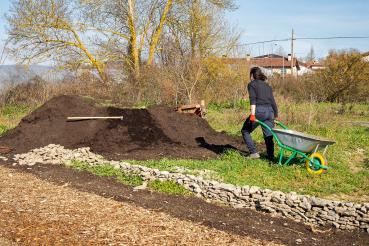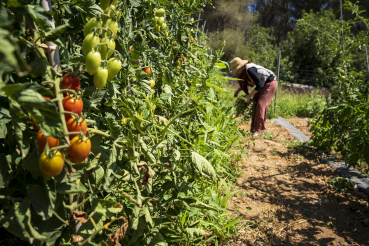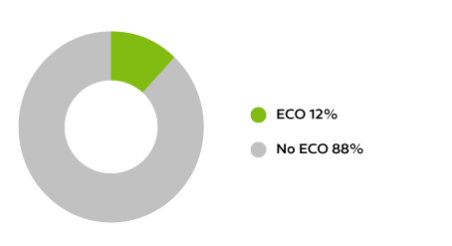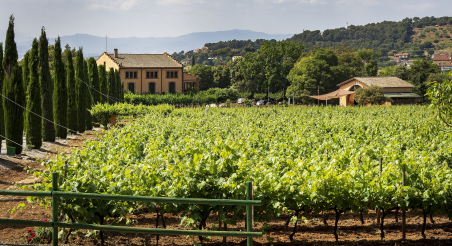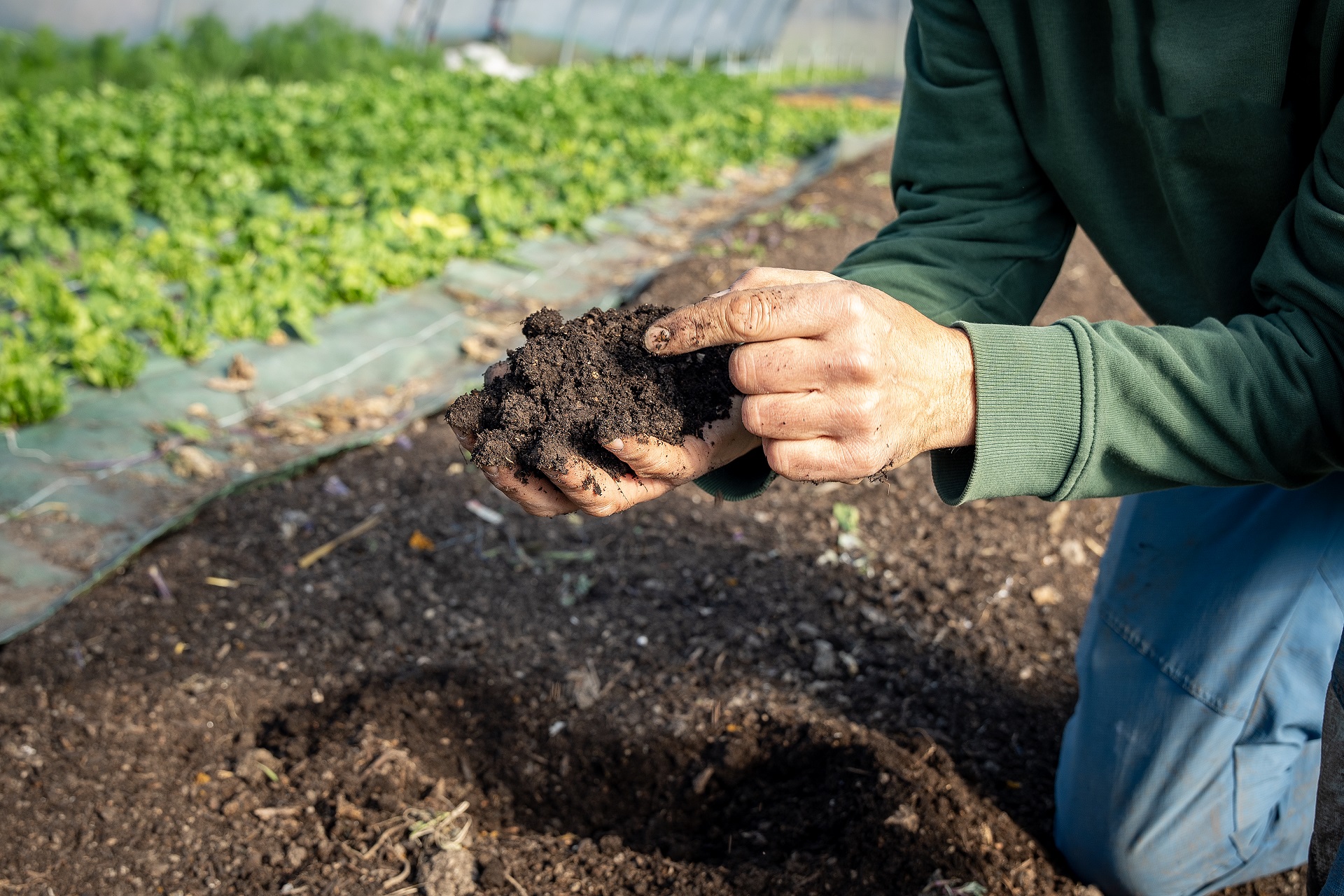
Self-composting and community composting in Hernani
Hernani's self-composting program consists of recovering the organic fraction of the municipality's urban waste and providing more than forty-nine self-composting booths distributed throughout the territory, which allow the management of 25% of the total organic fraction generated.
In the 2000s, the Provincial Council of Guipúzcoa proposed the installation of a waste incineration plant near the town of Hernani.
The municipal council declared itself opposed to the initiative, as did the public, who mobilized to demonstrate their discontent.
The City Council decided to work to offer alternatives to the incinerator and new solutions to municipal waste management. Thus, in 2009, the municipality declared itself "zero waste" and began to implement policies in this direction, including the implementation of self-composting and community composting.
Firstly, since City Council the "door-to-door" waste collection system was launched, which greatly improved the recycling rate. However, due to the high cost of managing the organic fraction (since the Guipúzcoa Waste Consortium requires it to be taken to composting plants), this system continued to be very costly in economic terms.
At this time, the creation of a municipal composting plant was considered by City Council, but the Provincial Council of Guipúzcoa did not allow it and it was then that the idea of community composting took on greater strength, which became effective in 2013.
The initiative has its origins in the municipal policy of Hernani's City Council.
The main objective of self-composting and community composting projects, and also of the door-to-door waste collection system, is to close cycles, that is, to ensure that a single municipality is capable of generating the least possible amount of waste and that it can manage it with maximum autonomy and efficiency.
On the other hand, it is also considered that involving citizens in the management of their waste through composting is a way of emphasizing the importance of reducing waste at the municipal level, while at the same time it can serve as an example for other territories interested in improving their waste management.
People who participate in the composting program mainly enjoy two benefits, which are also incentives. On the one hand, they do not have to follow the established calendar to remove their organic fraction, but can go and dump it in the composter whenever they need to. On the other hand, they have a differentiated municipal waste tax for the work they do, with a 40% reduction.
The role of City Council in the project is crucial. Although citizens are given autonomy to make their own compost, continuous support is provided for the composting process. Thus, a manual and composting courses are offered, in addition to having an advice office open to citizens.
To launch the project, City Council in Hernani made a significant investment in purchasing composting tanks to carry out the activity. In addition, City Council staff dedicated hours of work to planning the project and assembling the composters.
The annual budget of the project is around 25,000 euros, coming from Hernani's City Council.
On occasion, the collaboration of the Provincial Council of Guipúzcoa has been sought to execute specific projects and campaigns to promote community composting.



